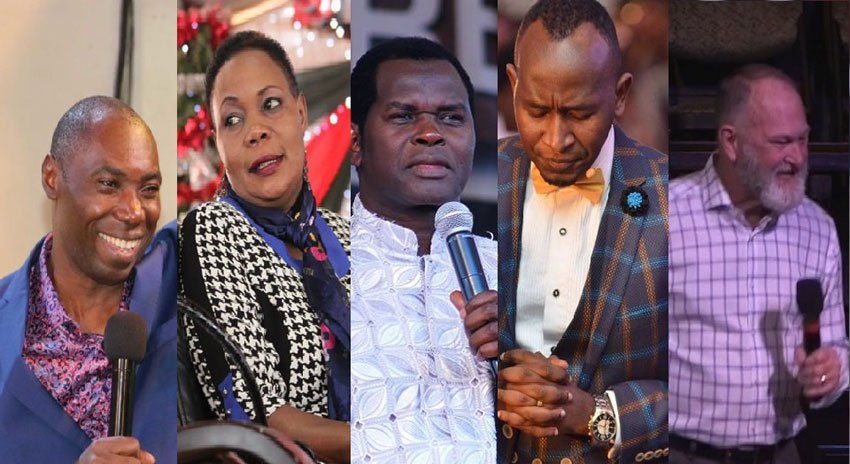Business
Ugandan Pentecostal Rifts Reignite Calls for Religious Regulation

Recent rifts within the Pentecostal church have stirred debates over the state’s role in regulating religious organizations, prompting analysts to voice concerns about potential factionalism and government intervention. The ongoing feud between prominent figures within the Pentecostal community has reignited calls for policies to oversee religious bodies.
In a move to assert control, the government is considering a draft policy that would mandate the registration of faith-based organizations, require theological training for pastors, and advocate for closer collaboration between religious institutions and governmental bodies. Proponents argue that such measures are necessary to curb abuses and maintain transparency within the church.
However, critics contend that regulating religious practices encroaches upon the sacrosanct nature of faith and undermines individual liberties. They argue that beliefs should remain beyond the purview of governmental oversight unless they directly contravene established laws.
The recent clash between Pastor Robert Kayano of Miracle Center Cathedral and Pastor Jackson Senyonga of Christian Life Church has intensified the discourse surrounding the need for regulation. Allegations of misconduct, including debauchery and sodomy, have underscored the urgency of implementing policies to govern religious affairs.
While some pastors advocate for greater accountability and transparency within the church, others warn against government interference, citing concerns about religious freedom and autonomy. The rifts within the Pentecostal community reflect broader tensions over power, ideology, and leadership within religious organizations.
Historically, Pentecostal churches in Uganda have experienced internal conflicts and power struggles, often revolving around succession and authority. These disputes, coupled with the rise of prosperity gospel preachers and media-driven competition, have heightened tensions within the faith community.
Analysts point to the close relationship between certain Pentecostal leaders and political figures, suggesting that patronage politics may influence church dynamics. The alignment of some pastors with the ruling party has raised questions about their impartiality and commitment to social justice issues.
As debates over religious regulation continue, there is growing scrutiny of the Pentecostal Church’s role in society and its relationship with the state. While the right to freedom of worship is enshrined in the constitution, the boundaries of this freedom remain subject to interpretation and debate.
Ultimately, the resolution of these tensions may hinge on the willingness of religious leaders to address internal conflicts and reaffirm their commitment to serving their congregations without political interference. Whether the government will intervene further in religious affairs or opt for a hands-off approach remains to be seen, but the stakes are high for both the Pentecostal Church and the state.
